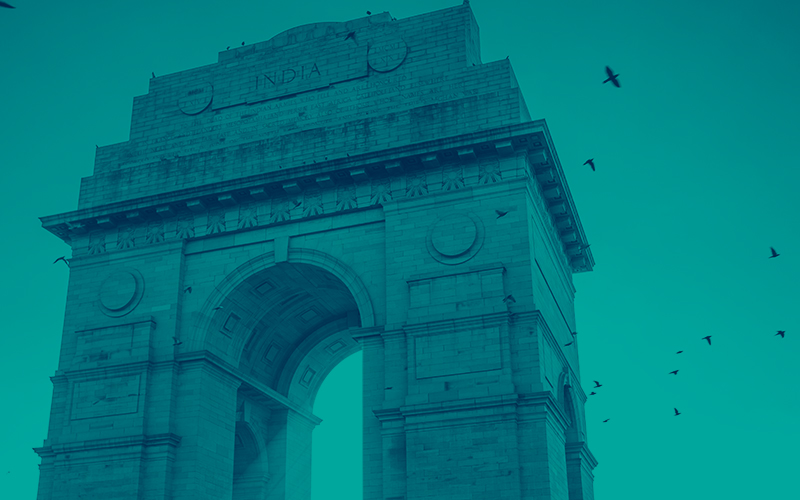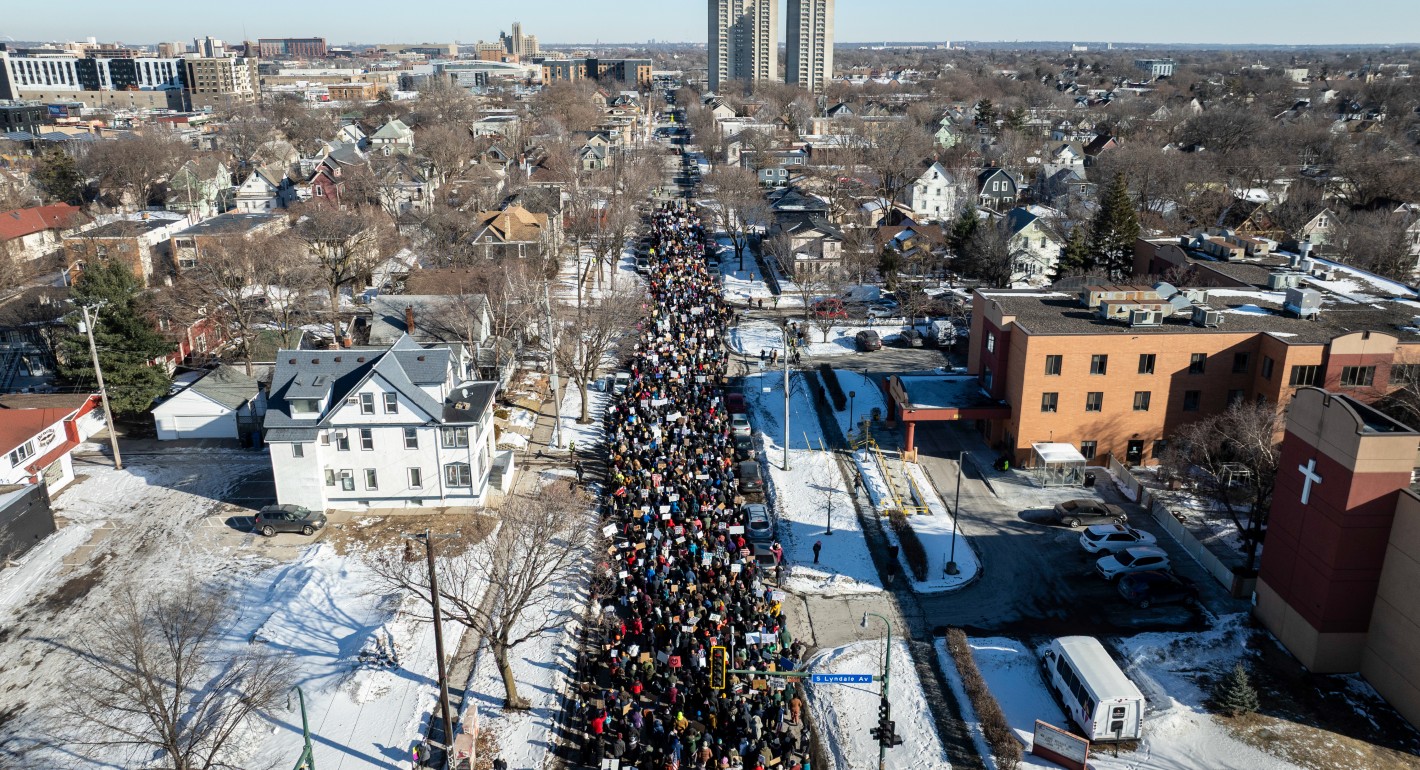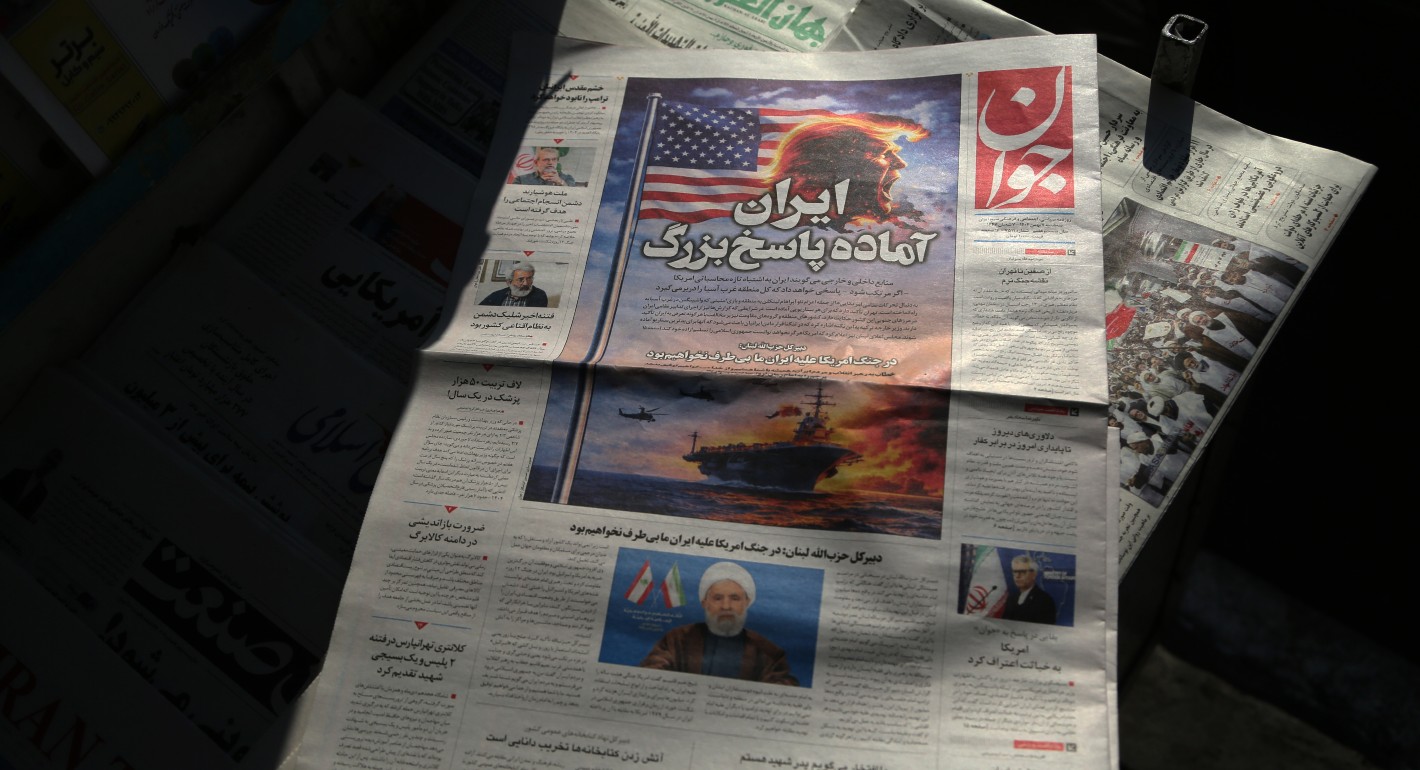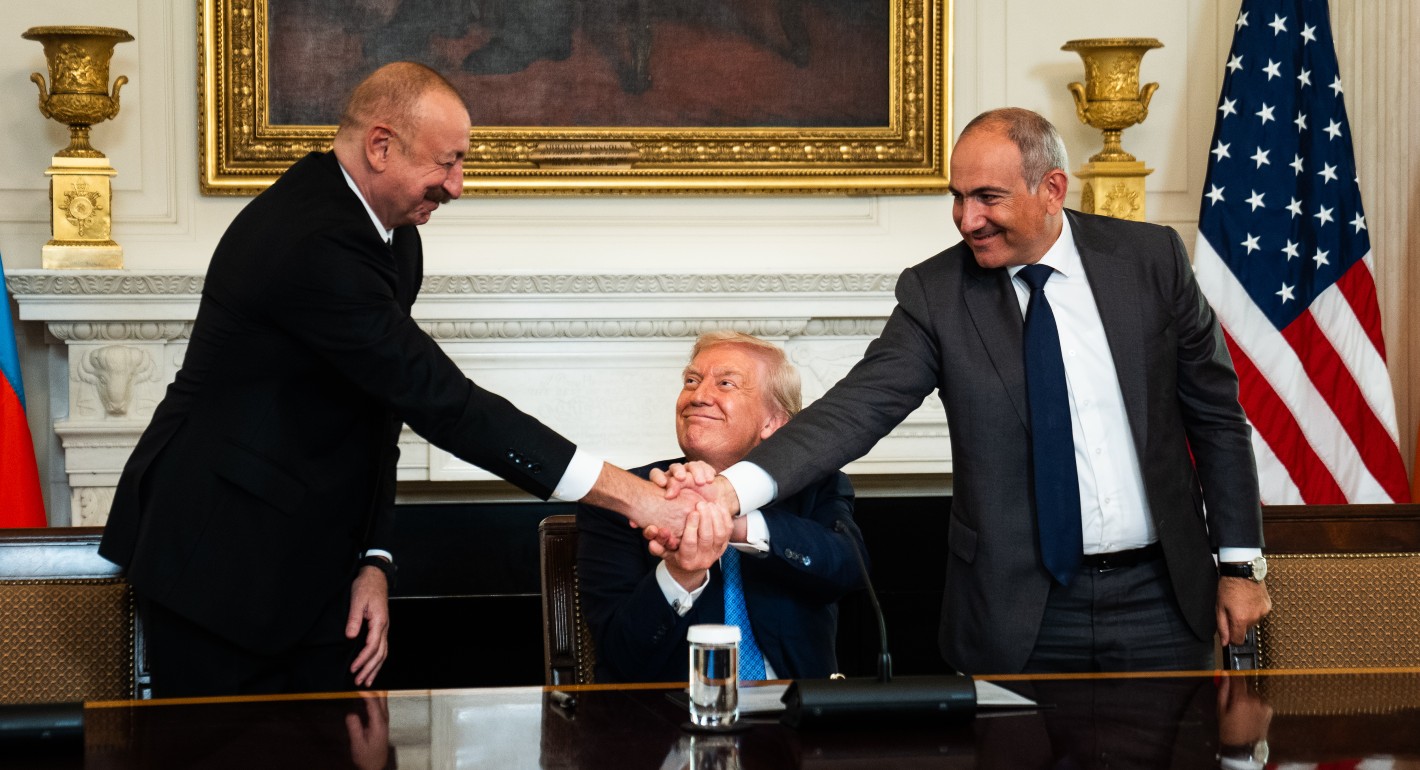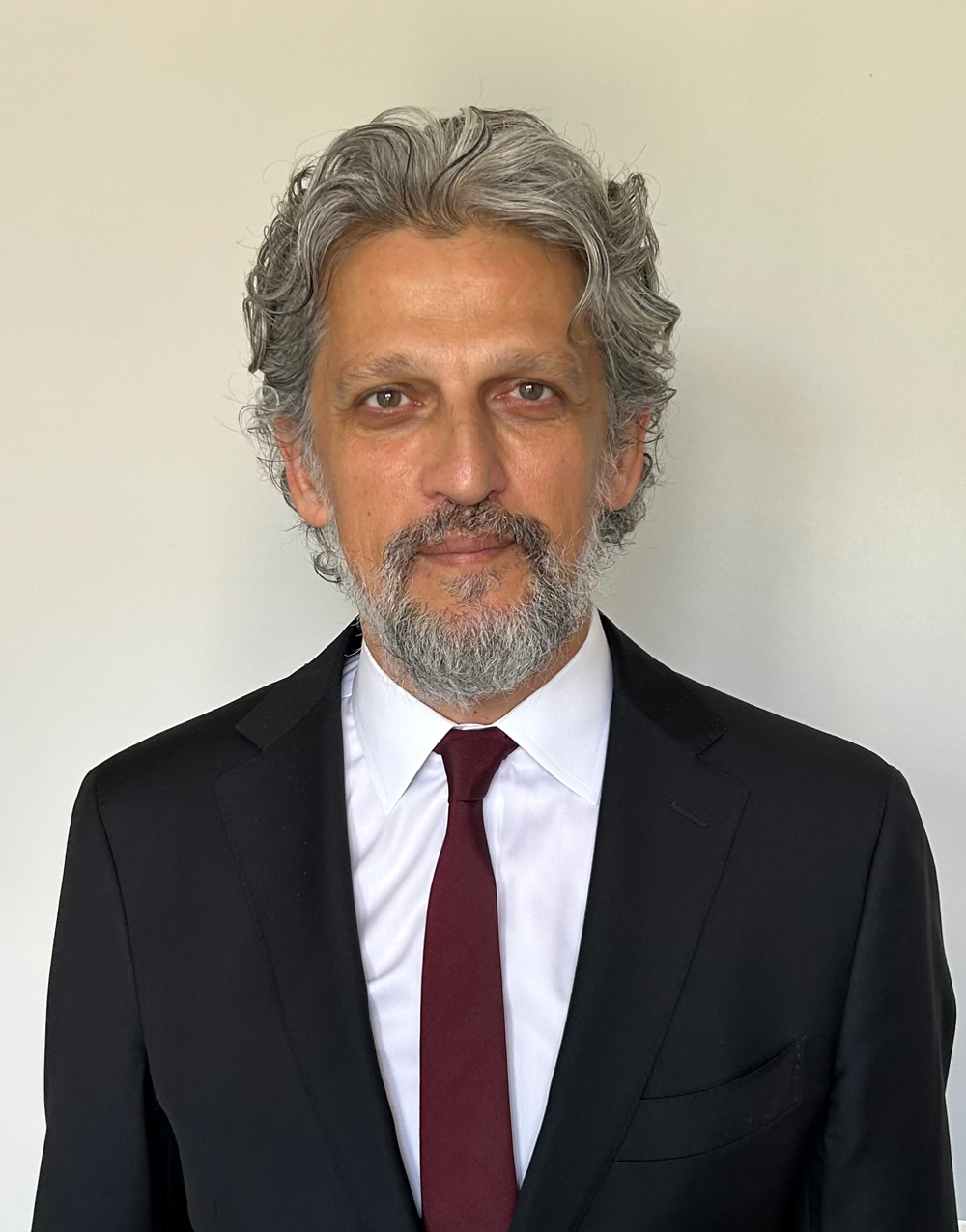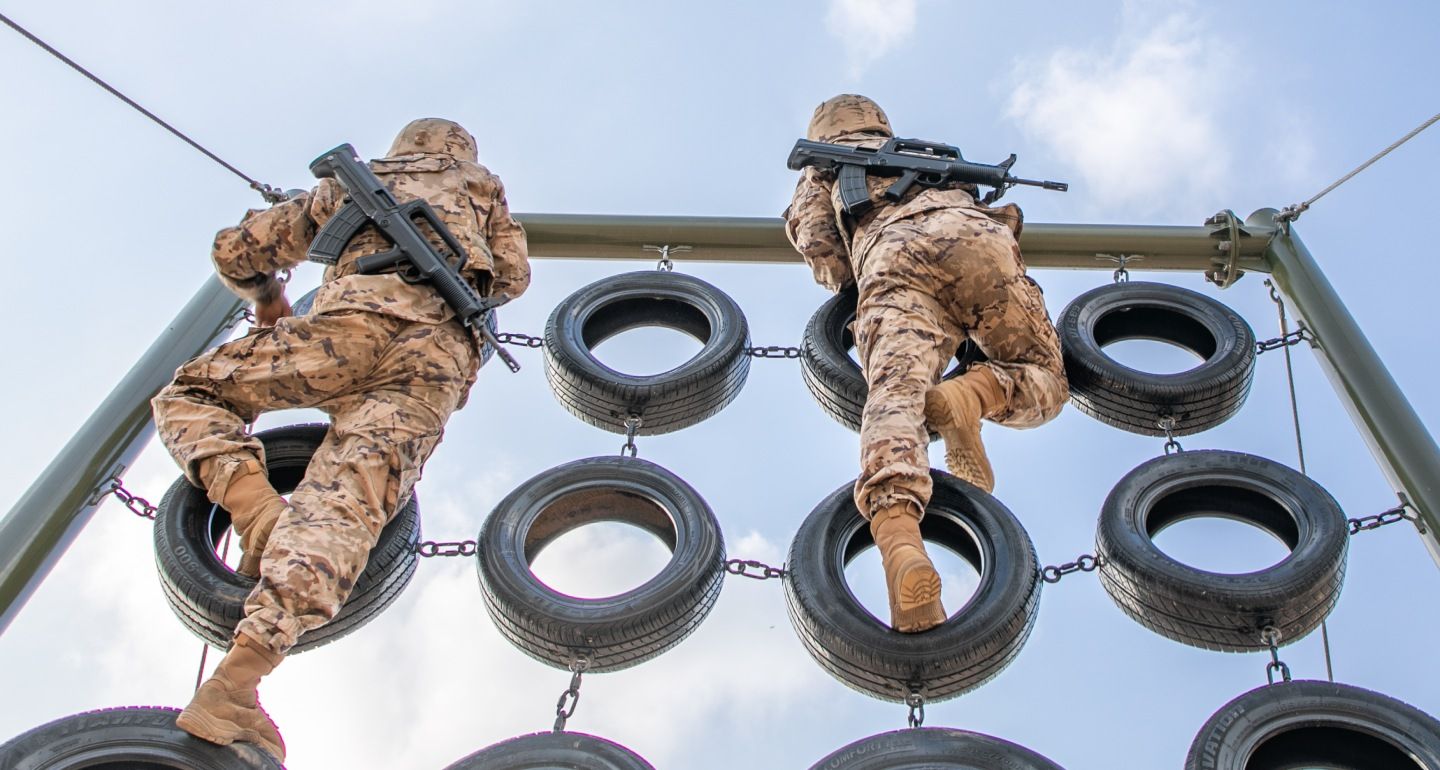Today the Carnegie Endowment for International Peace India announced that Dr. Anit Mukherjee will be the next director of Carnegie India, the New Delhi-based research center.
{
"authors": [],
"type": "pressRelease",
"centerAffiliationAll": "",
"centers": [
"Carnegie Endowment for International Peace"
],
"collections": [],
"englishNewsletterAll": "",
"nonEnglishNewsletterAll": "",
"primaryCenter": "Carnegie Endowment for International Peace",
"programAffiliation": "",
"programs": [
"Nuclear Policy"
],
"projects": [],
"regions": [],
"topics": []
}
REQUIRED IMAGE
Pervez, the Friendly Dictator , July, 29, 2002
Source: Carnegie
Pervez, the Friendly Dictator
The problem with Pakistan's President Musharraf
Originally Published in the Weekly Standard July 29, 2002
"FOR MY MONEY," wrote David Ignatius recently in the Washington Post, Pervez Musharraf "is the most courageous and visionary leader on the world scene today." The Pakistani president's help in the hunt for al Qaeda and his apparent decision to fight extremists engaged in violence against India prompted Ignatius's encomium. Pakistani commentators of all persuasions, meanwhile, were lambasting Musharraf for proposing constitutional amendments that would effectively end Pakistan's experiment with democracy.
If beauty is in the eye of the beholder, so too is the character of Pervez Musharraf. Few individuals matter more to their country's future--or to U.S. interests--than he. Pakistan is the front-line state in the war on terrorism, which is why the United States must do all it can to support Musharraf. And in his own mind, Musharraf is Pakistan, which is why many Pakistanis see him as a threat to democracy and to long-term development. When Secretary of State Colin Powell visits Islamabad on July 29, he must, as a good friend, encourage Musharraf's best impulses and discourage his self-destructive ones.
Musharraf's elusive character was on display in early June when Pakistan and India teetered on the edge of nuclear war. First he told visiting Deputy Secretary of State Richard Armitage that Pakistan would "permanently" halt terrorist infiltrations from Pakistan into Indian-administered Kashmir. This pledge enabled Armitage to persuade Indian leaders to defuse the crisis. Then days later, Musharraf told Newsweek's Lally Weymouth that he had assured President Bush, "Nothing is happening across the Line of Control"--but also, "I'm not going to give you an assurance that for years nothing will happen."
This ambiguity prompted Secretary Powell to call the Pakistani leader on June 24 to clarify that the "ending of infiltration across the Line of Control would be permanent." The State Department duly publicized Musharraf's reassurance. Yet, as Indian and Pakistani skeptics noted privately, Pakistan's intelligence services may support militants already in Kashmir, as well as infiltrate terrorists into India through Nepal and Bangladesh, and Musharraf had made no commitments on this score.
The pattern is familiar. When I interviewed Musharraf in late February, he told me essentially what he told Weymouth. I suggested that some people thought Pakistan might wish to trade its support in the war against al Qaeda for a carte blanche to fight Indians in Kashmir. He nodded, but gave the right answer, namely, that his government was implementing his January 12 pledge not to allow any organization "to indulge in terrorism in the name of Kashmir" and to take "strict action . . . against any Pakistani individual, group, or organization found involved in terrorism within or outside the country." Musharraf added, however, "The issue does not end when people stop crossing the border. What worries me is that what we are trying to do in Kashmir is to address it and resolve it. If we don't resolve it, any unilateral action by us will not hold the ground in the future."
I suggested that this could be interpreted as a threat--if Kashmir is not resolved, Pakistan will open the sluice gates. "It's not a threat," Musharraf said matter-of-factly. "The people we are controlling now will keep getting weaker if we move toward a peaceful resolution with India. They are resisting me now--saying I am selling out Kashmir. They will get stronger if we don't resolve it. It's not a threat, but it's a reality."
In other words, when Musharraf pledges a permanent end to infiltrations, he means "permanent for now--permanent unless India does not negotiate forthcomingly with me on Kashmir." To Musharraf such thinking is not self-contradictory. What matter are his intentions, and his intentions are always good, if only others would do what he wishes.
Musharraf thinks the same way about democracy in Pakistan. "I am for democracy," he told me. "I am not a dictator. I don't want a dictatorship." To sharpen the point, he insisted that elections for parliament would be held in October as the Supreme Court had ordered. Yet, on June 27, he proposed to amend the constitution to give himself the power to appoint and dismiss the prime minister and to dissolve the elected National Assembly. He also proposed to establish and chair a National Security Council that will oversee the prime minister. Yes, there will be elections, but Musharraf will gather all power in his own hands before they take place.
"True democracy" has two elements, Musharraf explained recently. "One is having an elected government. Two is how that government functions. . . . People say I am not elected, but the true essence of democracy is there now." How is that so? Well, because Musharraf feels he's a democrat. "Unless there is unity of command, unless there is one man in charge on top," he says, democracy will not function. To many this might seem like dictatorship, but Musharraf truly does not see it that way.
The key to understanding Pervez Musharraf is this: He is so sure of his own good will and altruism that he fails to see how others could doubt him. "I know it sounds arrogant," he told me. "It sounds arrogant to me when I say it. But I think I am the only person who can make sure that true democracy takes root and is allowed to function without being pulled down."
Even amid the double talk, Musharraf comes across as genuine and direct. He answers the question he is asked--he doesn't hit a button and play a pre-recorded message. He sits upright in his chair, calm, exuding both patience and energy. He speaks without blandishment or attempts at seductive eloquence, in short sentences made of simple words. He's not known to be corrupt, unlike every other leading politician in Pakistan. Nor is there anything "fundo" about him--he wears golf shirts at home and believes in women's rights. His brother was a Rhodes scholar and lives in Rome. His son is an actuary in Boston. Biographies of John Adams and Kemal Ataturk sit on a table outside his office.
"He would be right up there with all the world leaders I've seen," marveled a former Clinton administration official after spending an hour with Musharraf in Islamabad in January. "He has a Clinton-like ability to mesmerize--to speak directly and tell a story," she continued. A veteran of Republican and Democratic administrations who attended the same meeting chimed in: "Musharraf has a tremendous sense of responsibility for the welfare of his country. It really comes across."
Americans want to believe in Musharraf--especially when they consider the alternatives, politicians like Benazir Bhutto who are venal, self-serving bosses of a parasitic patronage machine. Musharraf deservedly ranks higher in polls than Benazir or the exiled Nawaz Sharif or any other single politician.
Yet the contradictions are so grave and Pakistan so troubled that pessimism is unavoidable. The country is supposed to be a democracy already. While most Pakistanis are too tired, poor, and uneducated to campaign for political reform, expectations of democracy are still high enough that the country will remain politically unstable and economically precarious without it. As long as the military retains control over the political economy, Pakistani society will not mobilize itself to manage internal conflict and pursue development. Politicians will strive for despotic power to keep the army at bay whenever they get the chance, as Prime Minister Nawaz Sharif did prior to Musharraf's coup in October 1999.
For all his good intentions, the president has done little in the three years since he suspended democracy to prepare people and institutions to receive power from the army. Efforts to devolve authority to new local leaders seem promising but will not be sustained without cooperation from the major parties, which have been purposely excluded from the process. The constitutional amendments Musharraf has just proposed would mandate some useful reforms of political parties, but they would leave power more concentrated in the military than ever. Were this not so, he would resign his post as army chief of staff and retain only the civilian post of president. That he does not do this suggests that even Musharraf fears the army's tendency to dominate civilian government.
A product of the army, Musharraf has offered no vision for pulling it back from the commanding heights of the political economy. His hero Ataturk once said, "A nation must be strong in spirit, knowledge, science and morals. Military strength comes last. . . . Today it is not enough to have arms in hand in order to take one's place in the world." For fifty years, as American officials watched warily, the Pakistani army has prevented the transfer of resources and authority that would make the development of knowledge, science, and civil society the highest national priority.
MUSHARRAF can't imagine anyone else's doing a better job than he. Yet, good leaders make themselves dispensable by creating systems or policies with enough public support to outlive them. By failing to separate the functions of the president from those of the army chief, and failing to give the prospective prime minister a source of power independent of the president/army chief, Musharraf ensures that chaos and conflict will follow his departure from power. Indeed, Musharraf's proposed constitution makes no provision for elected representatives ever to wield real power. This destroys Musharraf's credibility in urging political parties to reform: He's the agent of an army that will never subordinate itself to civilians, so what's the use?
With a kind of innocence, Musharraf seems to think that in time he can persuade everyone to like him, or at least to see the wisdom of following his lead. In January, he recounted how he had recently addressed a gathering of religious leaders. Quoting the Koran and other teachings, he had argued: "Jihad does not mean you are fighting like a madman around the world. I told extremists that 'you have converted more people to being non-Muslims than you have converted to Islam.'" As if in youthful excitement at a new discovery, he continued, "I told these mullahs that 'we must not divide Pakistanis into those who are religious and those who are progressive. We are all religious and progressive. We are all religious because we love our religion, and we are all progressive because we want Pakistan to make progress.'" Leaning back in his chair, he concluded with quiet confidence, "I am reasonably sure many of these religious leaders are with me now."
Musharraf's interior minister, Lieutenant General Moinuddin Haider (ret.), takes a different, perhaps more strategic approach. A big, round-faced man, Haider has no illusions about being liked or reaching accommodation with extremists. "From my dealings with these people," Haider said firmly, "I learned that you cannot have a dialogue with a mullah. They are not rational, do not follow logic or reasoning." Last December extremists murdered Haider's brother to intimidate the interior ministry from cracking down on them. This only hardened Haider's resolve.
"I was the sole voice initially," Haider continued, "saying, 'Mr. President, your economic plan will not work, people will not invest, if you don't get rid of extremists.'" According to Haider, back then, in early 2000, Musharraf worried that the extremists would take to the streets if he moved against them. Therefore the government had to proceed slowly. Indeed, Haider said, "people don't know that my toughest battle was on the inside," persuading Musharraf, the Inter-Services Intelligence, and the cabinet to follow a tough line. September 11 finally forced Musharraf to do what Haider had been urging for two years. As Haider had predicted, the protest was small and dwindled rapidly. "Eighty-five percent of the people believe in moderate Islam," he said. "Only fifteen percent believe in extremist Islam." So, too, on Kashmir, Haider believes that "the people will accept whatever decision the president makes through give and take with India."
To be sure, Haider does not face the challenge of reconciling the range of interests that Musharraf must as head of state. If Haider were president, his temperament and leadership style would provide more grounds to fear dictatorship than Musharraf's. But that is the point: Musharraf is too good a person, too desirous of popularity, and too politically awkward to sustain a dictatorship. Yet, dictatorship is what his proposed constitution would create, however noble the dictator and his chosen associates. The alternative--a transition to democracy--does not suit Musharraf's reluctance to empower others who may not agree fully with him. Nor does it serve the army's desire to retain the power and resources it has controlled for decades.
Ultimately, as long as Pakistan's government hinges on the character of its army chief, the country's future will remain doubtful. Musharraf is not the monster many Indians take him for. He will be a man of peace if India engages him diplomatically, for that is a role in which he fancies himself. Yet his conviction that he is indispensable prevents him from developing the diverse coalition necessary to build the progressive Islamic welfare state he seeks. By making himself the object of all attention, Musharraf diverts pressure for reform from both the political parties and the army. He may be that rarity, a selfless dictator, but Pakistan needs something more.
The United States, if it is to be a friend to Pakistan, must recognize Musharraf's vulnerabilities. He is a good man, and if he could stay good forever, and persuade his restive population to follow his lead forever, it might be plausible to base U.S. policy on him. But Pakistan, like all countries, ultimately needs the rule of law, not of one man. Instead, Washington must stress the urgency of preparing civil society and the army for the transfer of power to publicly accountable institutions. U.S. policy must also make plain that neither Pakistan nor India is going to acquire parts of Kashmir it does not already hold--and that the sooner they both accept that fact the better off they'll be. Finally, Washington should cultivate reformers within Pakistan's political parties--who can share the burdens Musharraf now carries and help Pakistan stay on the difficult road to democracy.
George Perkovich is senior associate at the Carnegie Endowment for International
Peace and author of India's Nuclear Bomb.
Carnegie does not take institutional positions on public policy issues; the views represented herein are those of the author(s) and do not necessarily reflect the views of Carnegie, its staff, or its trustees.
More Work from Carnegie Endowment for International Peace
- Federal Accountability and the Power of the States in a Changing AmericaCommentary
What happens next can lessen the damage or compound it.
Mariano-Florentino (Tino) Cuéllar
- The United States Should Apply the Arab Spring’s Lessons to Its Iran ResponseCommentary
The uprisings showed that foreign military intervention rarely produced democratic breakthroughs.
Amr Hamzawy, Sarah Yerkes
- Trump Wants “Peace Through Construction.” There’s One Place It Could Actually Work.Commentary
An Armenia-Azerbaijan settlement may be the only realistic test case for making glossy promises a reality.
Garo Paylan
- A New World Police: How Chinese Security Became a Global ExportCommentary
China has found a unique niche for itself within the global security ecosystem, eschewing military alliances to instead bolster countries’ internal stability using law enforcement. Authoritarian regimes from the Central African Republic to Uzbekistan are signing up.
Temur Umarov
